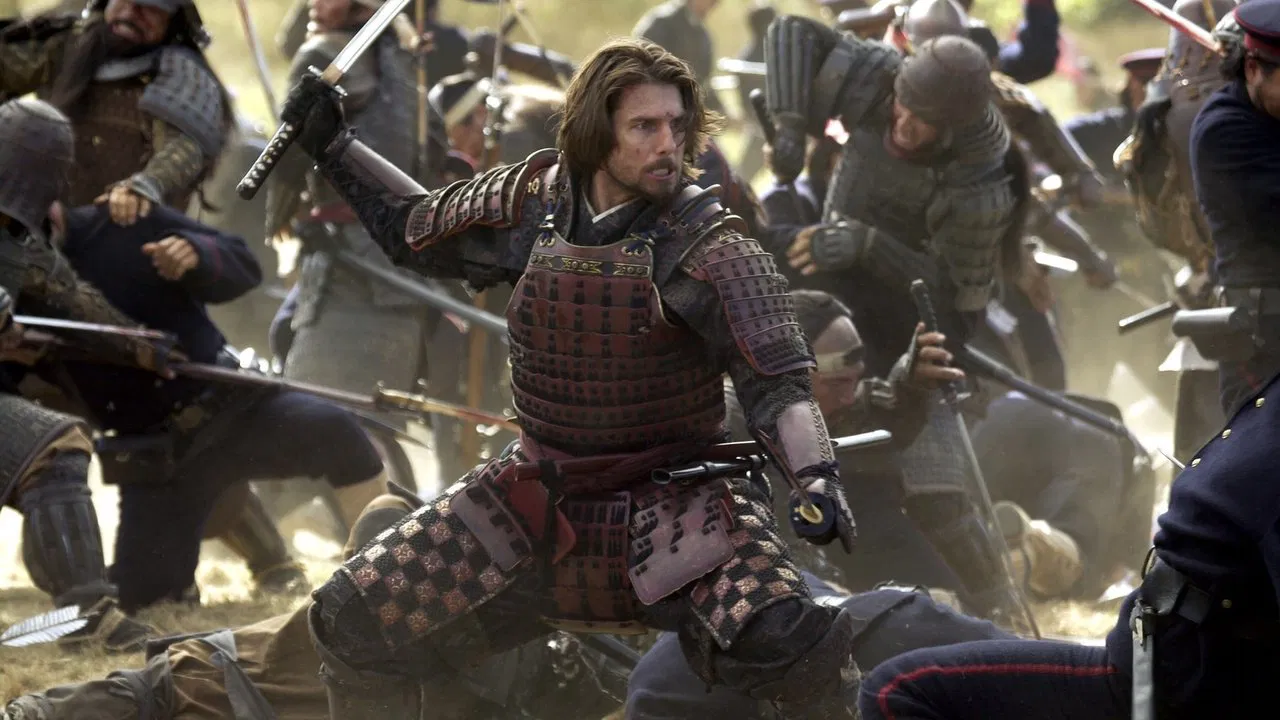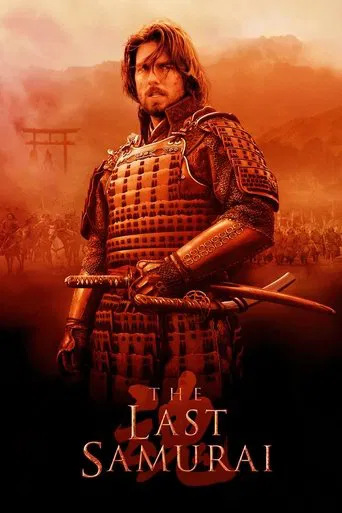

Such an amazing film!Tom Cruise is definitely one of my favorite actors (if not my favorite) and this film is one of his best (if not the best film). This has to be one of my all-time favorite movies. Definitely worth watching, you won't regret it!I watched this without knowing what to expect and trust me the movie won me from the first moment, as the movie goes on it's just getting better and better, Tom Cruise at his very best!In my opinion this deserves to be on the Top 250 list, This film is honestly one of the best dramas/war dramas I have ever seen, combined with a superb story, and action of amazing creativity in the dialogue, setting and all the scenes! Truly Oscar worthy, a shame it didn't win any, the makers of the film really deserved more credit.My Rating Is 9/10 .
... View MoreI've been a fan of Tom Cruise basically since forever, so in my humble opinion I'd say this is probably his best movie. Great performances by both Cruise and Watanabe.
... View MoreThe Last Samurai is the story of a soldier who is captured by the samurai and during his captivity begins to see the beauty in this culture and actually chooses to side with them. This is one of my all-time favorite films. The first time I saw this movie I was deeply affected by it. The thing that surprised me the most is that while the battle scenes are epic and very well done, not these were the focus of this film. The focus of this film is a heartfelt friendship that blossoms between the main characters (Nathan Algren & Katsumoto) who both come from very different cultures. Also not to be overlooked is Hans Zimmer's beautiful score that I listen almost every day. The Last Samurai to me is a very underrated film with great performances, beautiful soundtracks and wonderful storyline.
... View MoreI've watched this film several times and as always same taste...I want to be a samurai and Tom Cruise is so cool in this movie...
... View More